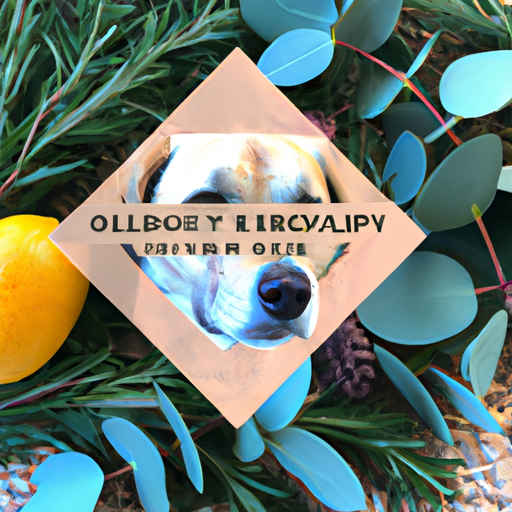As a devoted caregiver to your furry friend, you understand the importance of ensuring your pet’s optimal health. One common challenge for dog owners is dealing with fleas and ticks. These pests are not only irritating for your pet, but they can also lead to serious health issues if left untreated. The good news is, there are natural methods to prevent these pests without resorting to harsh chemicals.
Table of Contents
- Understanding Fleas and Ticks
- Natural Ways to Prevent Fleas and Ticks
- Natural Remedies for Existing Infestations
- Frequently Asked Questions
Key Takeaways
- Understanding the life cycle of fleas and ticks can help in prevention
- Natural prevention methods include maintaining a clean environment, using natural repellents, and enhancing your dog’s diet
- Essential oils and diatomaceous earth can be used to treat existing infestations
- Regular grooming and checks can prevent future infestations
Understanding Fleas and Ticks
Both fleas and ticks are external parasites that feed on the blood of their hosts. Fleas are tiny, jumping insects that can cause intense itching and discomfort for your pet. Ticks, on the other hand, attach themselves to your dog’s skin and can transmit diseases such as Lyme disease and Rocky Mountain spotted fever.
Knowledge is power, and understanding the life cycle of these pests is the first step in prevention. PetMD provides an in-depth look into the life cycles of both fleas and ticks.
Natural Ways to Prevent Fleas and Ticks
Maintain a Clean Environment
One of the most effective ways to prevent fleas and ticks is to maintain a clean environment. Regularly clean your dog’s bedding and any areas where they spend a lot of time. Vacuum frequently to remove any eggs or larvae that may be lurking in your carpets or furniture.
Use Natural Repellents
There are many natural repellents that can deter these pests. Essential oils such as lavender, lemongrass, and cedarwood can be diluted and sprayed on your dog’s fur. However, it’s important to consult with your vet before using essential oils as some can be toxic to pets.
Apple cider vinegar is another natural repellent. It can be added to your dog’s drinking water or sprayed onto their fur. OneTopDog provides more information on using apple cider vinegar as a flea and tick repellent.
Enhance Your Dog’s Diet
Diet plays a crucial role in preventing fleas and ticks. Foods rich in B-vitamins, garlic, and yeast can make your dog less appealing to these pests. Adding these to your pet’s diet can help deter fleas and ticks. OneTopDog offers more tips on enhancing your dog’s diet.
Natural Remedies for Existing Infestations
Essential Oils
Essential oils can also be used to treat existing infestations. Diluted oils can be massaged into your dog’s skin or added to their bath water.
Diatomaceous Earth
Food-grade diatomaceous earth is a natural, non-toxic powder made from fossilized aquatic organisms. It works by dehydrating fleas and ticks, effectively killing them. Sprinkle the powder on your pet’s bedding and other infested areas.
Remember to always consult with your vet before trying any new treatments. OneTopDog provides more information on natural remedies for common dog ailments.
Frequently Asked Questions
1. How often should I check my dog for fleas and ticks?
Regular checks are important, especially during warmer months when these pests are more active. Check your dog daily if they spend a lot of time outdoors.
2. Are certain dogs more prone to fleas and ticks?
All dogs can get fleas and ticks, but those with long, thick fur may be more prone as these pests can hide more easily.
3. Can fleas and ticks affect humans?
Yes, fleas and ticks can bite humans and cause irritation. Ticks can also transmit diseases to humans.
In conclusion, preventing fleas and ticks naturally involves a multifaceted approach of maintaining a clean environment, using natural repellents, enhancing your dog’s diet, and regular grooming and checks. With patience and persistence, you can protect your beloved pet from these pesky parasites.



